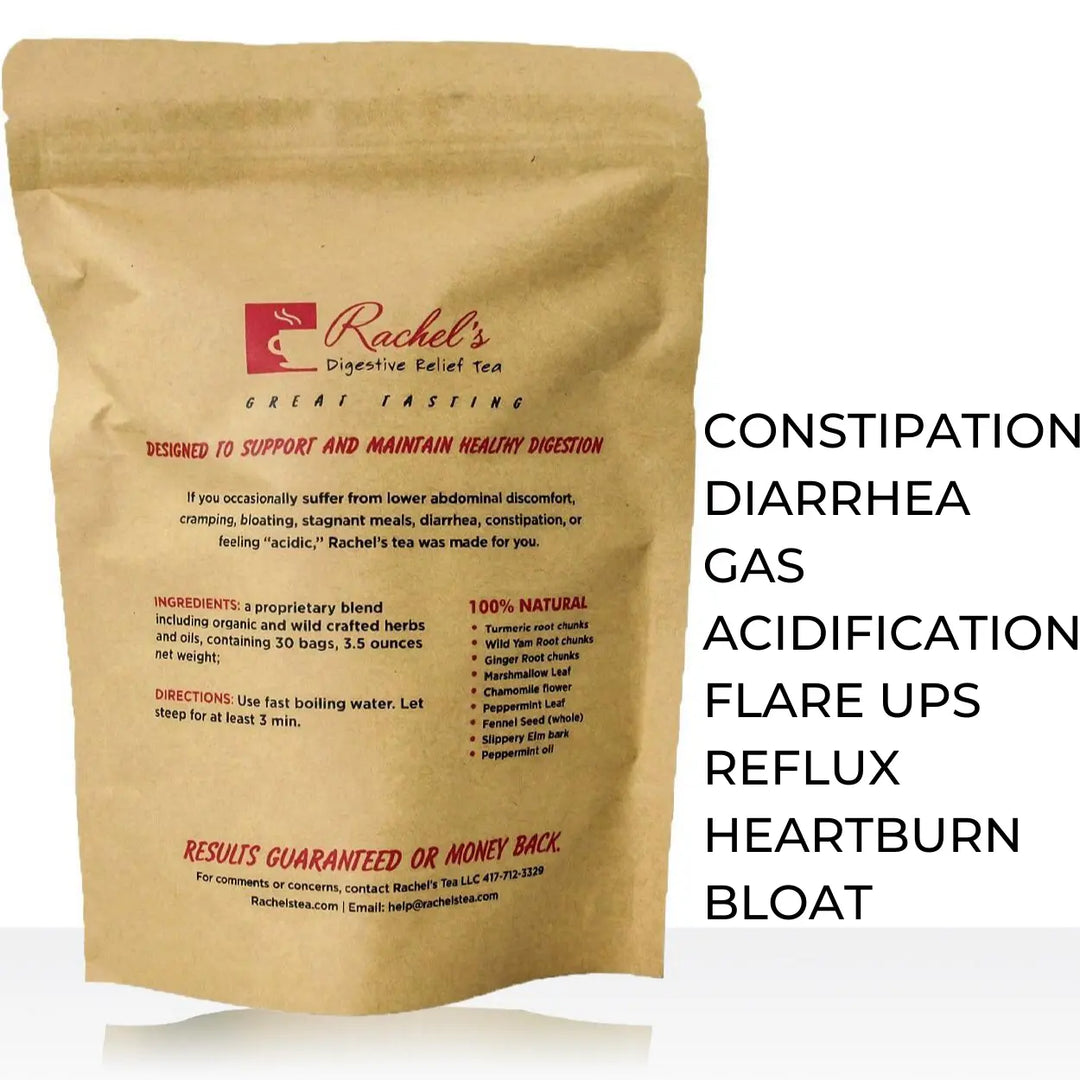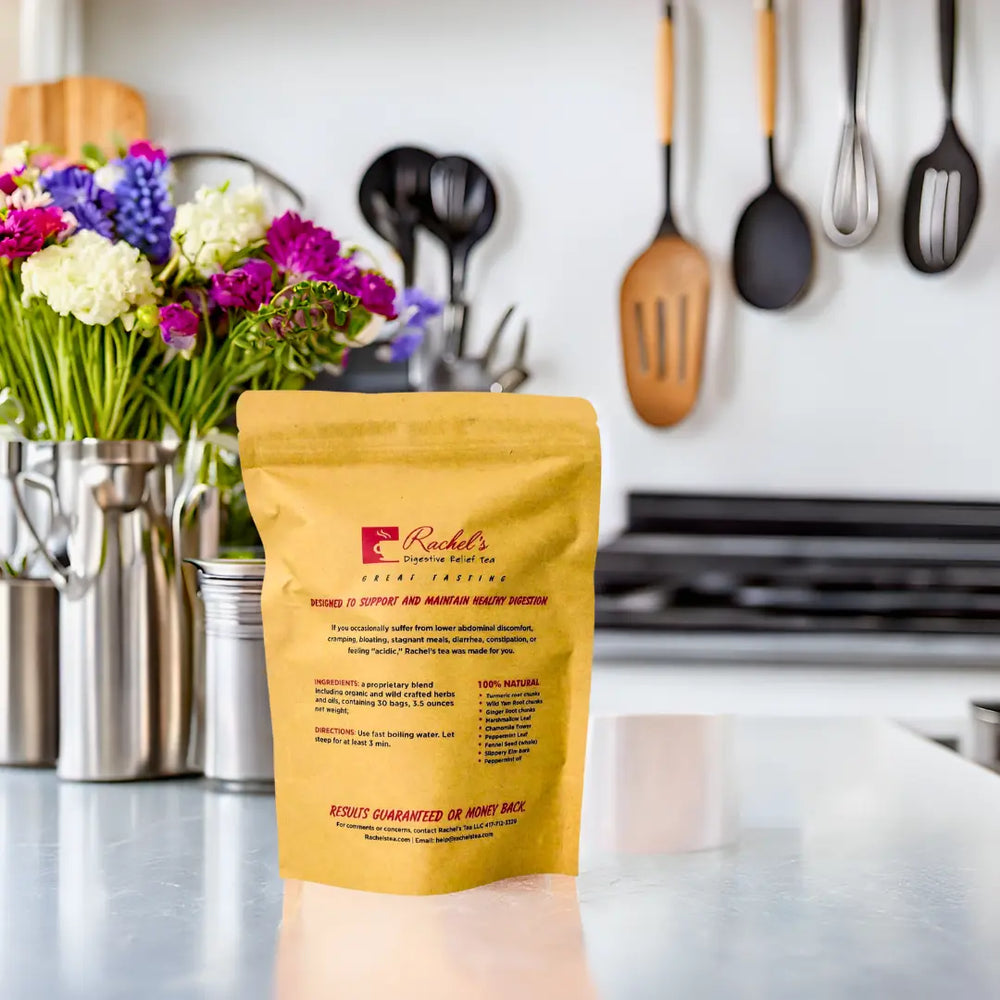Everytime I eat I feel sick?

Have you ever felt uncomfortable instantly after eating your meal? You're not alone in it. It can be bloating, stomach cramps or anything. It’s not unusual to experience discomfort after eating certain foods. But it can be frustrating. Why does it happen or what can we do about it? Have you ever searched for why I feel sick after eating or write any specific food that causes stomach pain? Then you are at the right place. This article will tell you about foods, allergies, sensitivities and gut problems that cause digestive issues. It will also tell how it can be managed by making healthier choices.
Why Do Certain Foods Make Me Feel Bad?
Why does this food make me feel bad? It can be triggered by a variety of food choices. Here is a list of certain types of food:
1. High Gas Foods
 Certain foods can trigger bloating and gas. These are
Certain foods can trigger bloating and gas. These are
- Beans
- Broccoli
- Cabbage
- Brussels sprouts
- Lettuce
High-fiber foods are harder to digest. The sugar and fibers in these foods are fermented by bacteria in the gut. It leads to the production of gas. You need to cook these vegetables well to help in digestion and reduce bloating. You can go for catalyst diet and herbal teas to reduce bloating.
2. Hard-to-Digest Foods
Some foods are harder to digest. These foods include
- Beans
- Meat
- Gluten-containing foods like wheat
These foods can cause discomfort. For example, if you find difficulty in digesting meat or wheat. It can lead to digestive issues like constipation or bloating. If gluten triggers digestive discomfort. Then you have to eliminate it from your diet for a while to see if your symptoms improve. To improve digestion, you can drink digestive tea. It will boost your mechanism and helps to digest easily.
3. High Allergen Foods
Some foods are common allergens. These are
- Dairy
- Eggs
- Shellfish
Sometimes, you get skin rashes, stomach cramps, or other symptoms by eating dairy or eggs. It's best to avoid these foods. You can look for alternatives.
4. Foods You’re Individually Sensitive To
Sensitivity to various foods varies from person to person. What may cause discomfort for one person may be perfectly fine for another. They can cause mild and severe reactions. Some people experience digestive discomfort from
- spicy foods
- citrus fruits
- even chocolate
Common Causes of Food-Related Discomfort
When you eat something, your body reacts to it. It means it is sending a clear signal that something is off. The root cause of it could be due to
- Food allergies
- Sensitivities
- a damaged gut lining
- Inflammation
- Intestinal infections
- leaky gut syndrome
1. Allergies
Allergies happen when your immune system mistakenly identifies a normally harmless food as harmful. Its symptoms include
- Swelling
- Hives
- digestive issues
Dairy, peanuts, and shellfish are common food allergens.
2. Sensitivities
Food sensitivities are less severe than allergies. But they still cause discomfort. It may not cause an immediate reaction. It can result in long-term digestive issues like bloating or cramps.
3. Leaky Gut Syndrome
When the lining of your intestines becomes damaged, it causes leaky gut syndrome. It leads to the leakage of toxins and bacteria into your bloodstream. It can cause inflammation and digestive issues after eating specific foods. Foods that are high in acid can irritate damaged tissue. Tomatoes and vinegar are highly acidic. Peppermint oil is also used to treat irritable bowel syndrome (IBS). To know more about it, read peppermint oil for bloating and IBS.
4. Intestinal Infections
Due to intestinal infection, your digestive system cannot function properly. It makes it harder to digest certain foods. This leads to
- Bloating
- Diarrhea
- Nausea
You can use also use home remedies to reduce bloating.
5. Inflammation in the Digestive Tract
Inflammation in the digestive system can make things difficult for your stomach. It would be difficult for your body to break down and absorb nutrients from food. It can be triggered by various factors like
- Stress
- Food sensitivities
- Conditions like Crohn’s disease or irritable bowel syndrome (IBS)
What Can You Do About It?
 There are a few things that you can try to manage the symptoms and improve your digestive health. But there is one question, Supplements, diet, or a combination of both for digestive relief. You can use both.
There are a few things that you can try to manage the symptoms and improve your digestive health. But there is one question, Supplements, diet, or a combination of both for digestive relief. You can use both.
1. Identify and eliminate Your Trigger Foods
You can eliminate the food that triggers digestive issues. It is the most effective way to manage discomfort related to food. If dairy products are causing digestive problems. Then, switch to lactose-free alternatives and plant-based milk options. Plant-based milk options include
- almond milk
- coconut milk
2. Take Probiotics
Probiotics and prebiotics are beneficial bacteria. They maintain a healthy balance in your gut. It replenishes the good bacteria when your digestive system is not working properly. It reduces symptoms of bloating, gas, and diarrhea. Always use high-quality probiotic supplements and eat fermented foods. To know more about it, read Can Probiotics Be Used for Constipation, Diarrhea and IBS?
3. Heal Your Gut
Damaged gut lining (leaky gut) can be repaired. You can add gut healing foods to your diet. These foods include
- Bone broth
- Collagen
- Slippery elm capsules
They soothe the gut lining and reduce inflammation. You should eliminate processed foods, sugar, and gluten. It can give your digestive system the chance to heal. But is slippery elm best treatment for heartburn and acid reflux?
4. Consider Supplements
People who have specific sensitivities and allergies can use supplements. It improves digestion. Digestive enzymes are present in supplements. They help in breaking down foods that are hard to digest. Supplements that have slippery elm, aloe vera, and marshmallow root can soothe an irritated gut lining. You can use variety of supplements for it including
- Stress relief tea
- Slippery elm tablets
- Peppermint oil capsules
- Tummy Gummies
- GSE Tablets
- GSE Liquids
5. Try an Elimination Diet
If you don't know the foods that are causing the digestive issues. Then, an elimination diet can help. Remove potential trigger foods from your diet for a period of time (usually 2-4 weeks). Then, slowly reintroducing them one by one. It will help to identify which foods are causing discomfort.
6. Manage Stress
Stress can worsen gut symptoms and inflammation. You can try different methods to calm your system.
- Meditation
- Yoga
- Walks
7. Consult a Specialist
If your symptoms are severe. Then, you need to see a healthcare professional. They can run tests for
- Allergies
- Intolerances
- underlying digestive disorders
Related articles:
- I get diarrhea when I am stressed. What can I do?
- My belly is feeling bloated and looks distended
- I get acid reflux at night… what do I do?
Conclusion
If you are constantly experiencing digestive discomfort after eating. You don't have to suffer it. It could be due to food allergies, sensitivities, or an underlying gut issue. By identifying the foods, taking probiotics, and eliminating triggers, you can take control of your digestive health and enjoy eating again. For more tips on beating bloating and boosting your gut, explore our other articles and start your journey to a happier, healthier gut today!
Disclaimer: This article is for informational purposes only. It does not replace professional medical advice. Always consult your doctor before making significant dietary changes or starting new supplements.













Leave a comment